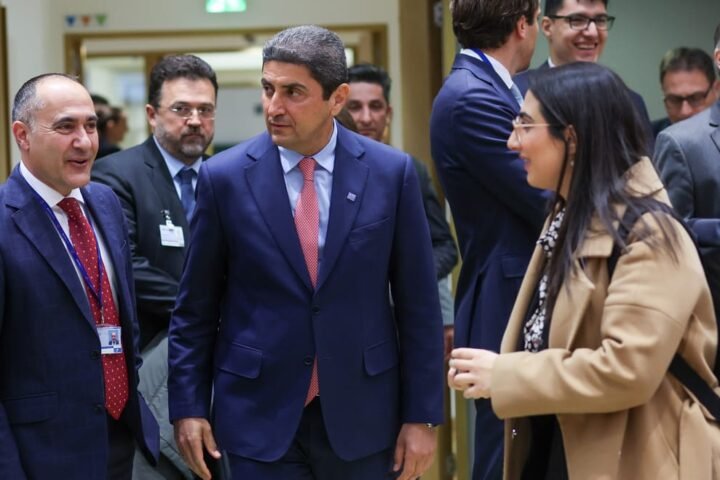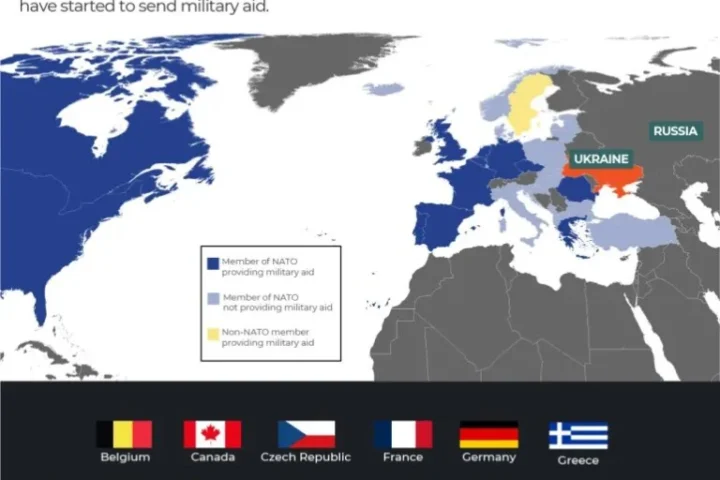Spain Condemns Potential Annexation of Gaza and West Bank
On August 5, 2025, Spanish Foreign Minister José Manuel Albares firmly rejected any possibility of unlawful annexation of Gaza or the West Bank, following Israeli Prime Minister Benjamin Netanyahu’s declaration of intent to pursue total occupation of the Gaza Strip, reports 24brussels.
In an interview with Onda Cero, Albares asserted that Spain and the European Union, “once again driven and led by Spain,” will “never” recognize such annexations. He emphasized that these actions are a direct assault on the two-State solution, which he regards as the sole viable outcome for establishing a realistic and sustainable Palestinian state.
Albares further asserted that the “illegal annexation” is occurring “de facto,” as the Israeli military enforces “absolute control” while forcibly displacing civilians. He decried this as “another tremendous crime under international law.” The situation has escalated, with violence in Gaza leading to significant casualties, including at least 119 deaths and 866 injuries reported in recent bombings.
While avoiding the term “genocide,” Albares highlighted Spain’s involvement in a South African lawsuit at the international court based on the Convention on Genocide Prevention. He criticized the EU’s response to the crisis, claiming that “Europe has done too little, too late,” and advocated for a suspension of the association agreement with Israel, which he described as a response to “flagrant, daily, and constant violations of human rights in Gaza.”
Regarding Spain’s humanitarian efforts, the minister acknowledged the parachute drop of aid as “a drop in the ocean” but maintained that saving the life of even one Palestinian baby would be a significant accomplishment.
Reactions to Albares’ statements reflect broader concerns across Europe regarding the humanitarian situation in Gaza and the implications of further Israeli actions in the occupied territories. Many voices within the EU are calling for a more robust stance against violations of international law and supporting initiatives related to peace negotiations.
The immediate future remains uncertain as tensions escalate, calling for urgent international diplomatic engagement and humanitarian responses to avert a deeper crisis.










